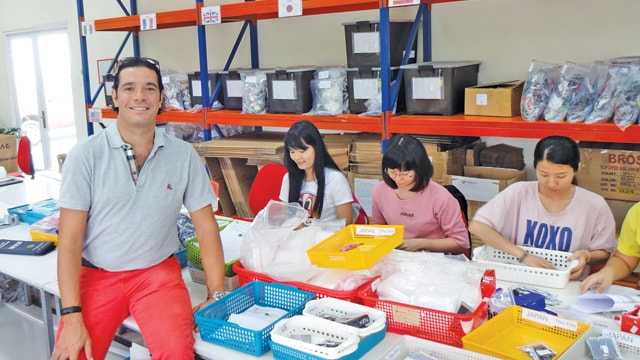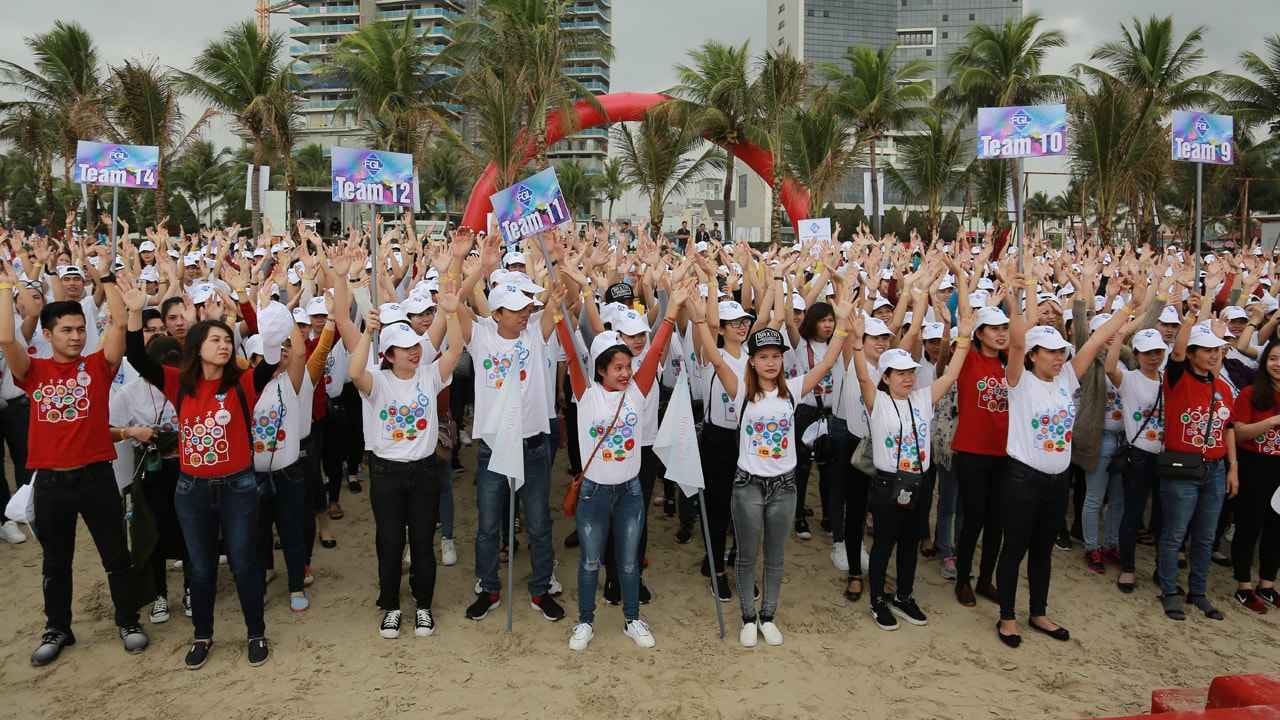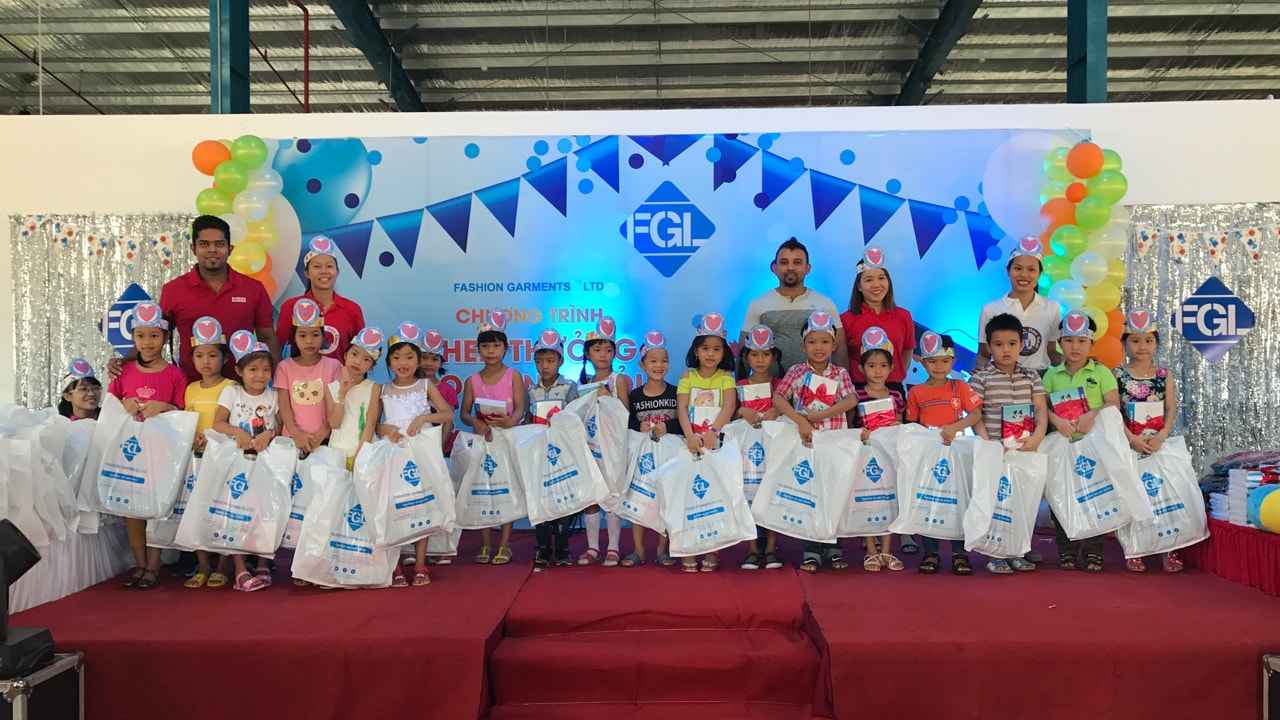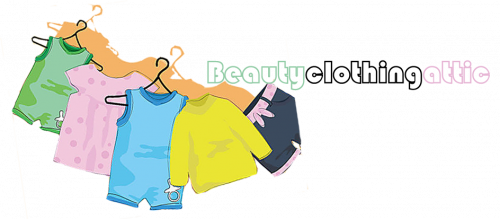
Talking about the relevance of employees, Ron Kaufman, the author and columnist, once said: “Employees are the key to your success with customers. Treat them well.” We all know how true it is, or don’t we? Simply knowing does not matter; what matters is to ensure that the worth of every employee is recognized and valued.
Compliance – be it safety, basic minimum wages, non-violation of human rights and so on– has today become a norm in the garment industry and every company invests hugely to meet the compliance requirements; it is buyer-driven, and therefore, the major area of focus. However, once compliance requirements are fulfilled, the companies start focusing on other activities too – employee’ welfare being one of them.
Going beyond the domain, many companies have today made employee welfare a part of their business strategy. The business establishments have lately realized that employees are the actual driving force of an organization, and therefore, there have been lots of initiatives and measures adopted by them for the welfare of the employees – this new strategy of ‘growing together with the people’ has caught on in a big way globally.
To delve into this new dimension of corporate social responsibility (CSR), Apparel Resources (AR) visited some of the garment factories in Vietnam and also met a few industry experts there, getting a complete insight of the initiatives and measures adopted by the companies for the welfare of the employees.
Food and transportation
There is no bigger service than providing quality food – and also the right food – to the people who are in fact the backbone of the organization. It was a revelation to hear when N guyen Thi Tuyet Mai, Deputy Secretary General, VITAS said, “Some factories in Vietnam have very good canteens where special meals are provided for even those who are vegetarians, meaning the right food for the right people. Also, these are air-conditioned canteens. Now that’s where you win over your employees.”
Epic Designers Vietnam Limited is one such organization that provides food at concessional rates. The company has hired a food supplier to ensure this. Epic Designers, which serves renowned clients like JCPenney and Coles, is one of the prominent manufacturers in Vietnam.
Wunderlabel has gone one step ahead and does not even charge anything for food service. “It is the people who run the factory and therefore we provide them nice working environment and also free quality lunch,” averred Philip Linde, Director of the company. This company is the only one in Vietnam that primarily makes customized woven labels and printed labels and then sells them online.
Endorsing what Philip said, Peter Ngo, Vice Director, Protrade Garment Co. Ltd. says with pride that providing free lunch and also dinner for those who work overtime has been a practice at Protrade since ages.
It actually doesn’t end here. The company runs supermarkets, where the workers can buy food and other household items at a lower price than that in market. Protrade has also been plying buses with the intent of sending workers home for holidays and even bringing them back from their homes.
Le & Le Garment and Washing , a state-of-the-art apparel contract manufacturing corporation in the Dong Nai province of Vietnam, too offers free bus services for all its employees. Corroborating on this, Romeo M Ordas , the Country Manager , avers: “Organization is like one big family and so we have to take care of our people.”
There are some firms that run buses only for units that are located in the interiors as that is from where people struggle to commute. Epic Designers provides transportation service for the plant that is situated in the Xuanloc province.

Education, health and insurance
Education builds not only wisdom but also character and that’s why there is no better investment than on education. Fashion Garments 2 Co. Ltd., a subsidiary of the Hirdaramani Group of companies, Sri Lanka and LT Apparel, USA, embraces this thought. The company has been providing scholarships to the children who excel academically. There is no better way to encourage the children to study further. Goldmark Development Limited , under the inspiring leadership of Garry Mehta , has also been proactive in paying for the education of the children of the workers. With over 12 years experience in Vietnam, this is Goldmark’s way of giving back something to the people of Vietnam.
Even for small children and toddlers, companies like Protrade have been setting up kindergartens. Most of the workers are women and one of the biggest challenges of married women is to take care of their children – further evincing the relevance of such kindergartens.
“We support schools near our factories so that the children of our employees are able to get good education,” said Brian Lee, General Manager, Bando Vina , while talking about the importance his organization gives to education. Le & Le has been investing hugely in not only building schools but also employing trained teachers from countries like Philippines and USA. Provision of good healthcare facilities is as important – if not more – as providing good education.
What brings a company closer to its workforce is when the former invests in his/her health – a sense of relatability. The ideology is substantiated by Upul Pathirana, General Director – Head of Operations, Epic Designers Vietnam Ltd. , when he says “We get the eyes of our employees tested regularly and also provide them free spectacles. These initiatives, small or big, motivate the people and they prefer being associated with the same company.” Notably, the firm also has insurance coverage for its employees. The Oeko-Tex certified Wunderlabel has also said that it plans to give health insurance benefits to all its employees very soon.

Housing
Renowned establishments like Phong Phu Corporation have been buying apartments for their employees, which the latter can pay back from their monthly salaries. But then, not every company can invest in houses. Majority of the garment companies in Vietnam are small and medium enterprises (SMEs) and it’s a tall order for such companies to invest in housing – even if they want to.
On the lines of Phong Phu Corporation, Le & Le too builds houses for employees. It further gives relaxation to those employees by giving them a time period of 10 years to pay back the amount. On its recent visit to the factory premises of Protrade, Peter told the AO team about the dormitories set up by his company for its male and female workers; what makes them unique is that the organization does not charge anything for the stay.
Other employee engagement schemes
If an establishment calls itself a family, then it definitely needs to take care of everything a family needs, be it food, transport, education, health or housing but importantly, it should not end there. Give them moments too. Philip from Wunderlabel puts it beautifully, “a happy worker breeds efficiency.”
Fashion Garments organizes annual picnics for its employees. “Such picnics bring people together and make them motivated to perform better,” averred Prasanka Buddhipriya, Factory Manager, Fashion Garments 2 Co. Ltd . The company has also been actively conducting blood donation camps.
Epic Designers too has been upfront in taking their employees on such annual picnics and excursions and also providing food. Upul says “It is a way of building relationships. We also celebrate the birthdays of our employees and on the occasion, we present them with flowers and gifts. There are also motivational programmes run by the company like recently, we organized an inter-plant football tournament where the teams contested for Epic Designer Cup.”
Agreeing to what Upul said, Chris Walker, Marketing Manager, Thai Son SP Sewing Factory, Vietnam remarked, “Once a year, we invite all workers plus one of their family members to go on an all-expenses’ paid 3 days 2 nights vacation to either a beach town or in the mountains.” It rejuvenates them all.
Training programmes
Training is an essential pre-requisite for growth and lot of companies have been investing their time and money to provide training to their workforce. Prasanka says that in addition to providing on-the-job training to workers, Fashion Garments also conducts training programmes and hires consultants from countries like Sri Lanka and Malaysia to train middle-level management (who are all locals). The performance of workers mostly depends on their immediate boss and supervisors and therefore such training programmes are essential for middle management.
The company regularly conducts language classes for its employees. “We are conducting special English classes to teach the locals and at the same time, we are conducting Vietnamese language classes for expatriates. This helps in bridging the communication gap and strengthening relations,” explained Prasanka.
“Through training, we build confidence,” said Micheal, Operation Head, Nam Viet Import and Export Joint Stock Company . Nam Viet has a training school where the workers are trained for a month. Under the supervision of Industrial Engineers, the efficiency level of these workers is finalized and once satisfied, they move into production. This is what builds the confidence in a worker.
There shouldn’t be any conclusion to this. If an organization continues taking care of its employees, no employee will ever think of leaving an organization – it’s a family to the employees as well. “There are people who have been working with our company for 16 to 17 years, and that speaks volumes about the company,” remarked Upul.
As long as the companies continue to take care of their employees, the employees will be happy and the garment industry will continue to thrive in Vietnam – yet again affirming the fact why Vietnam rules amongst other south-east Asian garment manufacturing countries.

Leave a Reply